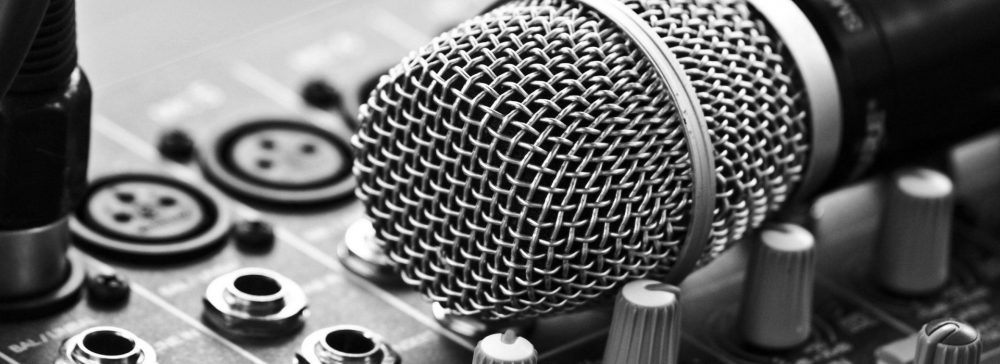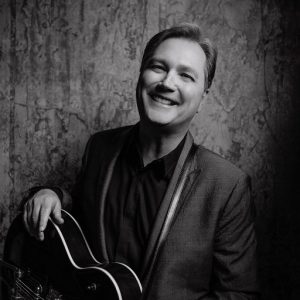Music therapy is a clinical and evidence-supported discipline that utilize music to facilitate relaxation, enhance communication and reduce stress. It can be used in a variety of settings ranging from hospitals to school classrooms to military units. The American College of Music (ACM) offers over 250 degrees in music therapy instruction.

Working With Therapy
The ACM requires that its music therapy graduates engage in an evidence-based process that develops their listening and teaching skills and empowers them with the knowledge to effectively communicate and deliver messages through music. Graduates are assessed annually for competency and progress in the program. Students are required to participate in supervised clinical training and one or two years of on-the-job experience in a live music therapy practice.
Graduates are then eligible to sit for the national certification exam for music therapists assisting. Passing the exam allows you to become licensed as a music therapist in the United States. Completion of the education and the certification process gives you the knowledge to start your career as a music therapist and to teach others in the industry how to perform the same types of services you are providing.

Effects Of Music Therapy
What does music therapy involve? During your studies you will learn the theory and technical details of the various techniques and tools used in music therapy. You will also develop the skills needed to conduct yourself in a professional manner and deal professionally with clients. You will study how to listen effectively to people in pain and how to elicit affections from clients with difficult problems. As part of your training, you will also learn how to use expressive music to address these issues and much more.
During your training to become a music therapist, you will also develop your skills in the art of listening effectively to clients in pain. By practicing techniques such as eye fixation, selective eye movement, and mirror movement, you will be able to better pinpoint where a client is in pain. These techniques will also help you to better understand how the brain processes pain. This is important, as there is currently not enough evidence-based evidence to suggest that music therapy works. More studies need to be conducted in order to confirm that it works.
Future Impacts
A recent study that was conducted at the John Hopkins University Of Neurology revealed that brain regions activated during music therapy. In this study, the brains of the participants were scanned while they listened to four different types of sounds. The results showed that brain regions related to music processing areas were activated during each of the four trials, indicating that the brain was working in some way while the person was listening to the sounds.

Conclusion
Interestingly, the participants were asked to only listen to the soft sounds during a music therapy session. The researchers found that brain regions related to speech processing and speech recognition were activated during each of the four trials. However, when the participants were asked to listen to a beat, the areas associated with speech processing and memory did not show activation. This suggests that the brain regions responsible for hearing pitch may not be directly tied to our memory or speech processing as we think they are.






